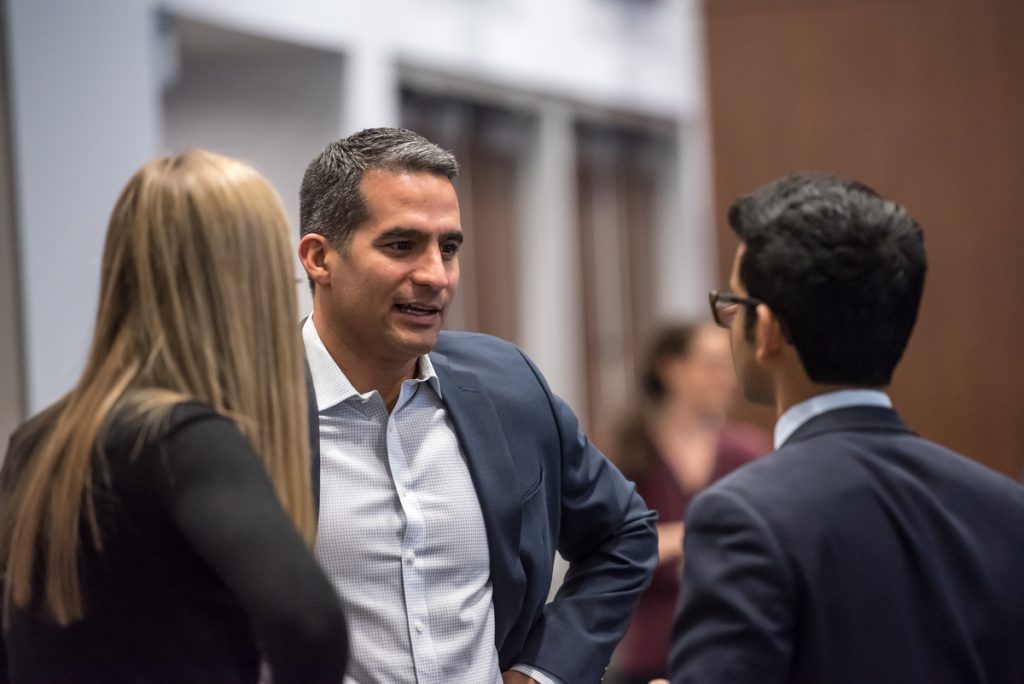New Munk School course takes real-world approach to global economic inequality
August 19, 2021
By: The Reach Alliance

Arturo Franco, who serves as the Mastercard Center for Inclusive Growth’s vice-president, Data & Insights, will teach the course this fall.
Students considering a career in the global development sector, or those who simply have an interest in the problem of economic inequality, should take a look at a new seminar course being offered this fall by the University of Toronto’s Munk School of Global Affairs & Public Policy. It’s called Public-Private Solutions to Global Inequality, and is open to first- and second-year students in the Master of Global Affairs program.
“The course focuses on the equity imperative as one clear example of complex, multidisciplinary challenges—the kind of global issue that can’t be solved by a single entity, sector or organization,” says instructor Arturo Franco, who serves as the Mastercard Center for Inclusive Growth’s vice-president, Data & Insights. “This presents students with the opportunity to approach the course from the perspective of different stakeholders, and work on practical solutions.”
Inequality is a global concern and one of the defining issues of our time. Over the last 75 years, a growing global economy has lifted billions out of poverty, leading to broad improvements in health, literacy, and nutrition. Yet vast segments of the world’s population have yet to benefit from these advances. In the wake of the COVID-19 pandemic, global poverty and inequality are on the rise.
“The achievement of the Sustainable Development Goals will require innovation and collaboration across the private, public, and third sectors,” says Joseph Wong, Roz & Ralph Halbert Professor of Innovation at the Munk School and U of T’s vice-president, International. “This course will introduce future sector leaders to the challenges of shared growth and prosperity, and provide them with the opportunity to tackle these challenges together.”
Public-Private Solutions to Global Inequality will challenge students to think critically about the strategies, policies, and actions that different sectors can take to move their communities and economies towards equity and prosperity. For their final course assignment, students will have the opportunity to pitch a grant proposal to a board member from the Mastercard Impact Fund.
The course will help students “think outside the box when it comes to collaboration across sectors. It will provide a unique opportunity for them to work directly with an industry leader that is challenging business as usual,” says Marin MacLeod, executive director of the Reach Alliance, a research initiative based at the Munk School that partners with the Mastercard Center in service of the Sustainable Development Goals.
Professor Shiri Breznitz, director of the Munk School’s Master of Global Affairs program, highlights how the course is an opportunity for students to apply the lessons they’re learning in the classroom. “We want to make sure our students are not only versed in the academic literature but understand how it translates into real-world problems and solutions. This course provides exactly that.”

